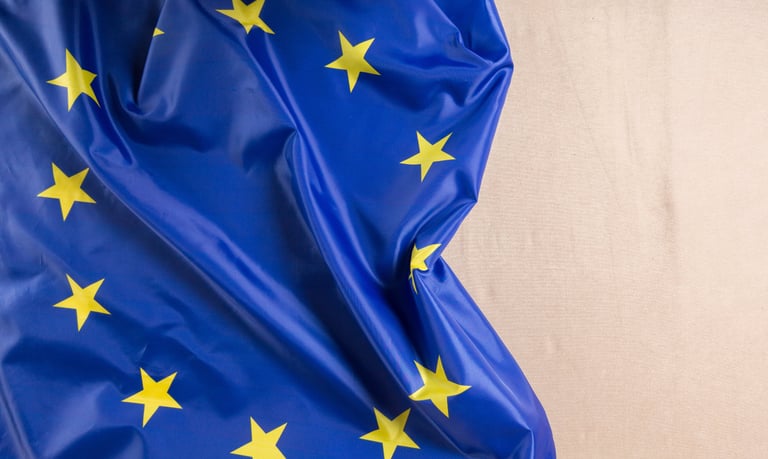

European Union & its institutions
The European Union (EU) is a political and economic organization that brings together 27 member countries primarily located in Europe. It was created with the aim of promoting peace, stability, and prosperity in Europe, as well as strengthening cooperation among the member states.
The institutions of the European Union are the bodies that make decisions and implement EU policies. The European Union and its institutions play a crucial role in the daily lives of European citizens by promoting cooperation among member countries, ensuring fundamental rights and freedoms, and fostering the economic and social development of Europe.
It is the legislative body of the EU. It consists of 705 Members of the European Parliament elected by direct universal suffrage and participates in the adoption of European laws. Over the years and through successive revisions of the European treaties, the European Parliament has been granted extensive legislative and budgetary powers. It now plays a key role in shaping the direction of the European project, working in collaboration with representatives of the governments of the Member States gathered in the Council.
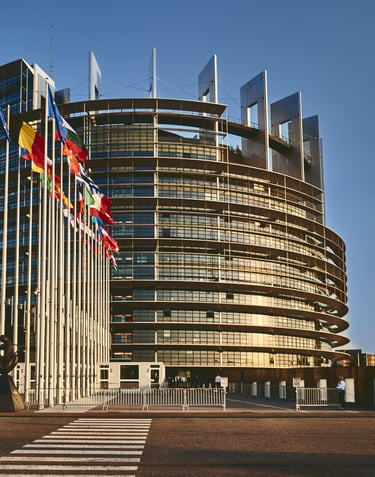

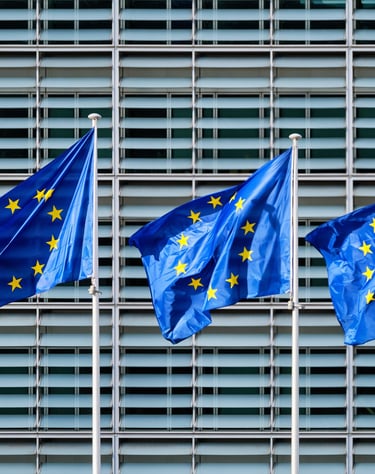

Also known as the Council of Ministers or simply the Council, represents the voice of the Member States. It is the legislative body of the EU, composed of representatives from the governments of the Member States.
It adopts European laws in collaboration with the European Parliament. Each country of the European Union takes turns holding the presidency of the Council for a period of six months.
LEGISLATIVE POWER
Based in Brussels, it is the executive body of the EU. It is composed of 27 commissioners, one from each Member State, who are responsible for various portfolios and play a key role in shaping European policies, proposing new laws, managing the EU budget, overseeing policy implementation, and representing the European Union on the international stage.
Since 2019, the institution has been presided over by Ursula von der Leyen from Germany, elected by the European Parliament for a five-year term.
The French Commissioner is Thierry Breton, who represents France within the Commission and contributes to the implementation of EU policies and initiatives.
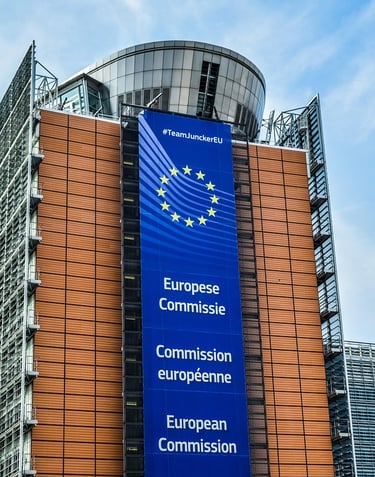

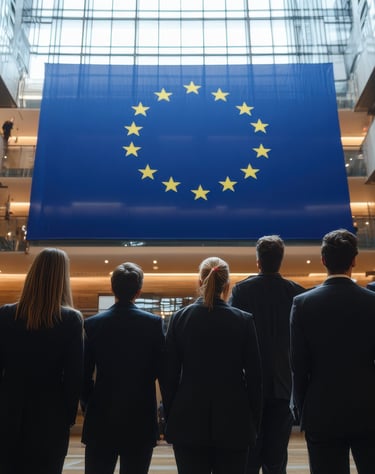

The European Council brings together the heads of state and government of the 27 member countries of the European Union. It meets at least four times a year to define the major political directions of the Union.
Chaired by Charles Michel, a Belgian who has held this position since 2019, the European Council plays a crucial role in making strategic decisions and setting the priorities of the European Union.
During these meetings, the leaders of the Member States discuss major political issues such as the economy, security, external relations, and global challenges. They seek to reach consensus and develop common positions to guide the action of the European Union.
EXECUTIVE POWER
Since its establishment in 1952, the Court of Justice of the European Union has the fundamental mission of ensuring compliance with the law in the interpretation and application of the treaties. It oversees the enforcement of EU law and resolves disputes between Member States and European institutions.
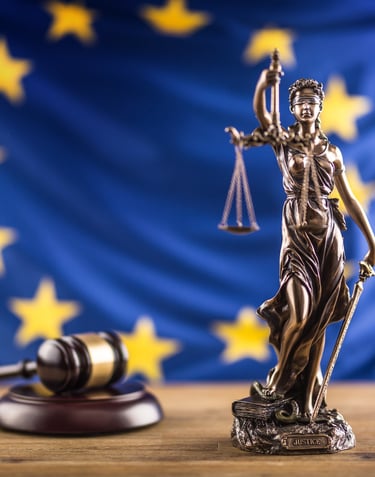

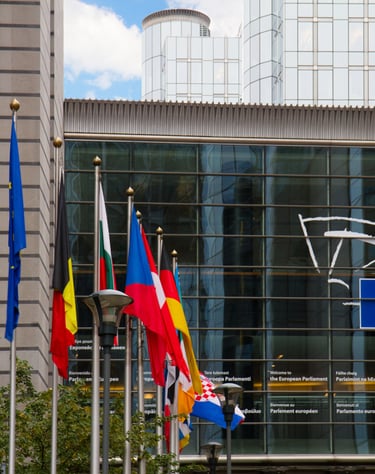

The European Court of Auditors plays a crucial role in protecting the interests of European taxpayers. Although it has no legal powers, its main mission is to improve the management of the European Union budget by the European Commission and to report on the financial situation of the Union as a whole.
OVERSIGHT POWER
The European Committee of the Regions (CoR) plays an essential role as the representative of regions and cities within the European Union. It is responsible for advocating the interests of local and regional communities in the EU and formulating opinions on new legislative acts that impact these regions and cities (representing approximately 70% of all EU legislation).
The CoR is a key actor in promoting multi-level governance in the EU, giving a voice to regions and cities, and contributing to a Europe that is closer to citizens and their specific needs.
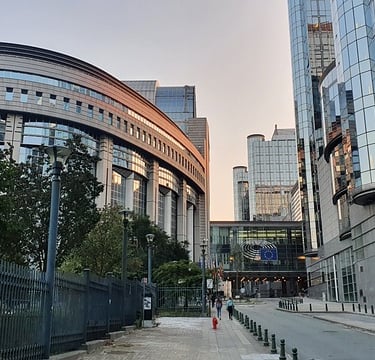

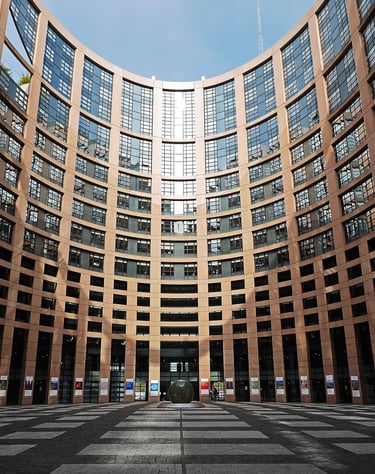

The European Economic and Social Committee (EESC) plays a crucial role as an advisory body of the European Union (EU). It is composed of representatives of workers' organizations, employers, and other interest groups, and acts as the voice of civil society within the EU.
Its main role is to provide opinions on European issues to the European Commission, the Council of the EU, and the European Parliament, thus establishing a link between decision-making bodies and EU citizens.
ADVISORY OPINION
The European Central Bank (ECB) plays a crucial role in managing the euro and in formulating and implementing the economic and monetary policy of the European Union. Its primary objective is to ensure price stability, which supports economic growth and job creation.
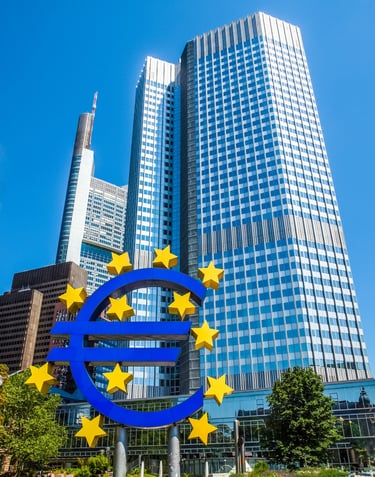

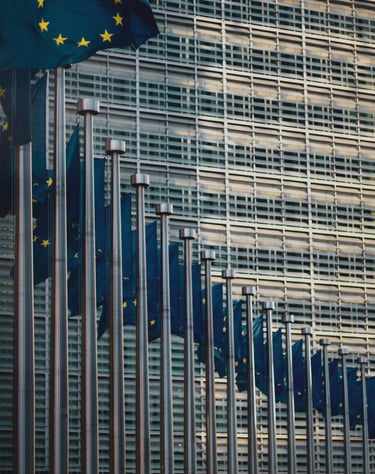

The European Union intervenes in numerous domains such as the environment, air safety, fundamental rights, and asylum. To ensure the regulation and implementation of these policies, it has established several specialized agencies. What are the missions and responsibilities of these agencies? What are the reasons behind their creation?
Touteleurope.eu offers you an overview of these various structures.
Monetary Policy
Agencies and Bodies
The European Parliament is composed of 705 Members of the European Parliament (MEPs) who were elected in the June 2019 elections. The number of MEPs allocated to each Member State depends on its population, meaning that the most populous countries have a greater number of MEPs.
In France, 79 MEPs were elected on national lists. These MEPs sit within political groups based on party agreements, or they may be classified as non-attached.
View the complete list
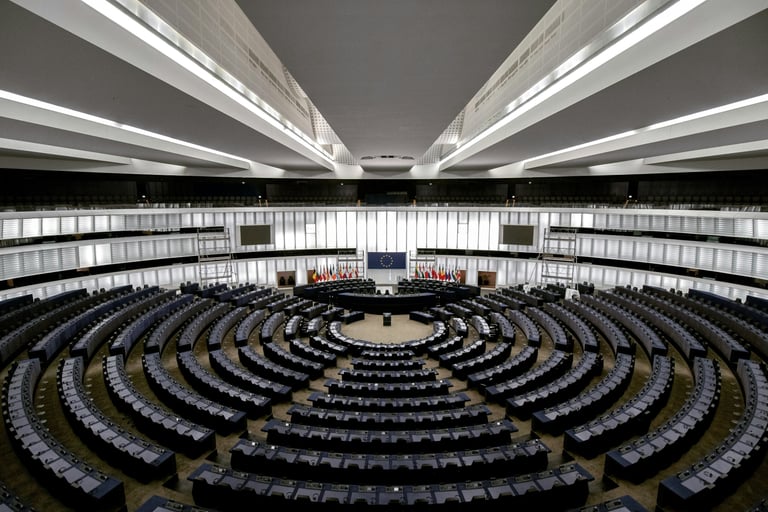

Address
22, rue Louise Chenu, 94470, Boissy-Saint-Léger
Contacts
+33(1) 84 23 53 47
info@europe94.eu
